China leads the way towards increased web censorship
Many schools worldwide limit the amount of potentially harmful or distracting websites by blocking them. However, now we are finding web censorship outside of school. Reed said, “I think that the U.S. should stay with little to no web censorship. Censoring the internet the same for everybody in the country is not fair. “
January 27, 2014
With an average number of 58 million tweets a day, people all over the world are whipping out their phones and accessing social media every second. This is one of the many luxuries the world wide web has brought its users. The internet is known for being a very quick and easy way to access any information any time. However, this freedom has caused concern for some, and has led to the controversy of web censorship.
Within the walls of our own school, there are limitations on what students and faculty can access on the internet. Obviously the school wants to limit the amount of potentially harmful or distracting websites to students, as many websites are blocked on the school wifi. This is very common for schools, but some question restrictions outside of school. Some people feel as though the internet should be free, and viewers have the right to view any website they would like. On the other hand, some people feel that web censorship helps prevent people from reaching harmful websites.
People who are in favor of little to no censorship point to their rights. If people are allowed to put their own opinions on the internet, then they feel like they should be able to view them.
“I think that the U.S. should stay with little to no web censorship. Censoring the internet the same for everybody in the country is not fair. If parents or schools do not want their kids to see certain websites, they have the power to block them, but outside of that we should have the freedom to use what websites we want,” said junior Sawyer Reed.
China has caused a lot of controversy with the web restrictions they put on their citizens. Worldwide popular sites such as Twitter, Facebook and YouTube are all blocked, as well as many more. Google has recently made a lot of noise by debating whether or not to unblock those sites in China.
“I definitely think that Google should unblock those sites in China. They have the power to, and the people should get to at least be able to use those sites. If the government wants to regulate what is put on there, at least it is a step in the right direction,” said junior Jessy Nelson.
Extreme situations like this are often seen because countries like China do not want their citizens learning about some of the major political controversies in their country. The politicians who support heavy censorship usually do it so they can make themselves look better to the general public.
Some people, however, like the idea of increased censorship. It can help protect young viewers from seeing harmful sites. It also can improve the security of the government, as well as the privacy of other online users.


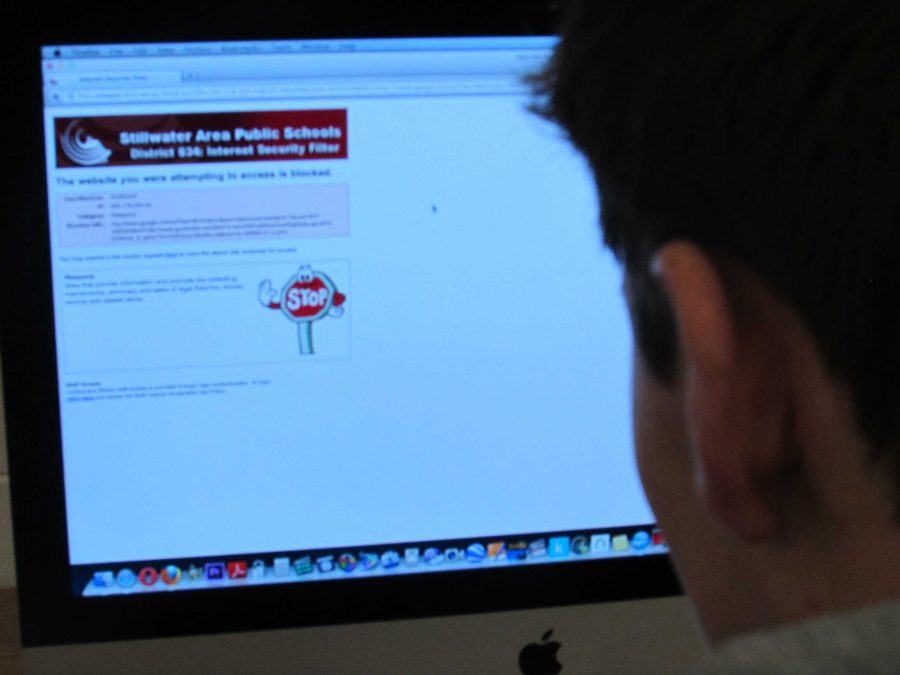




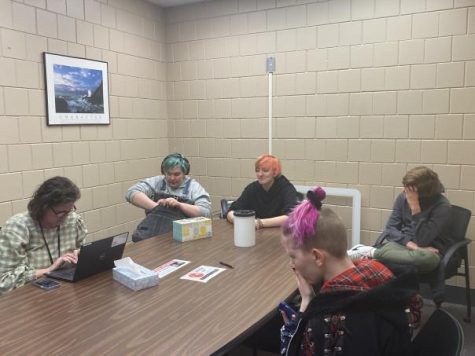


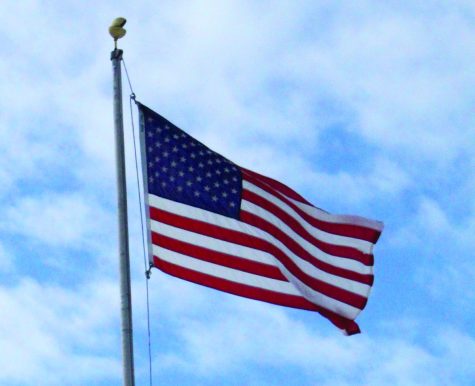
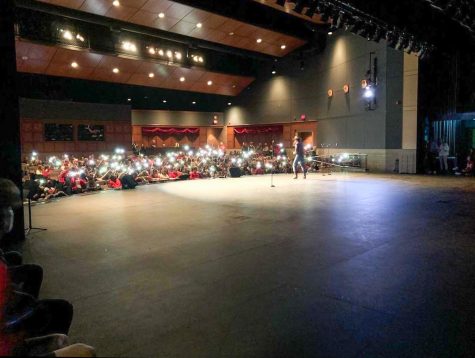
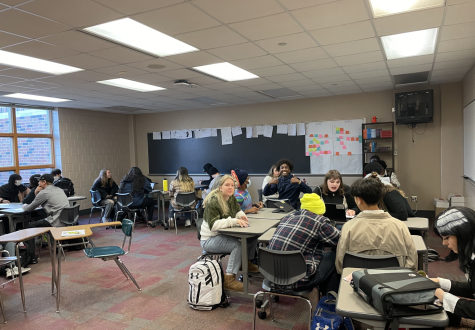
Nick Spiess • Feb 19, 2014 at 1:57 pm
The statistics you used were great and really pulled me in especially at the beginning of the article. You used great facts and put it all together perfectly!
Alec Youngblood • Feb 19, 2014 at 9:19 am
I enjoyed reading this article and I think you did a great job of covering all the bases of the issue. The opening sentence was a good attention grabber.
Virginia VanLieshout • Feb 18, 2014 at 10:54 pm
I thought this article was very well written with a wide variety of vocabulary. The only place I thought the article could improve upon was in the interviews; I wished one of the social studies teachers would have been interviewed for a different perspective on the topic.